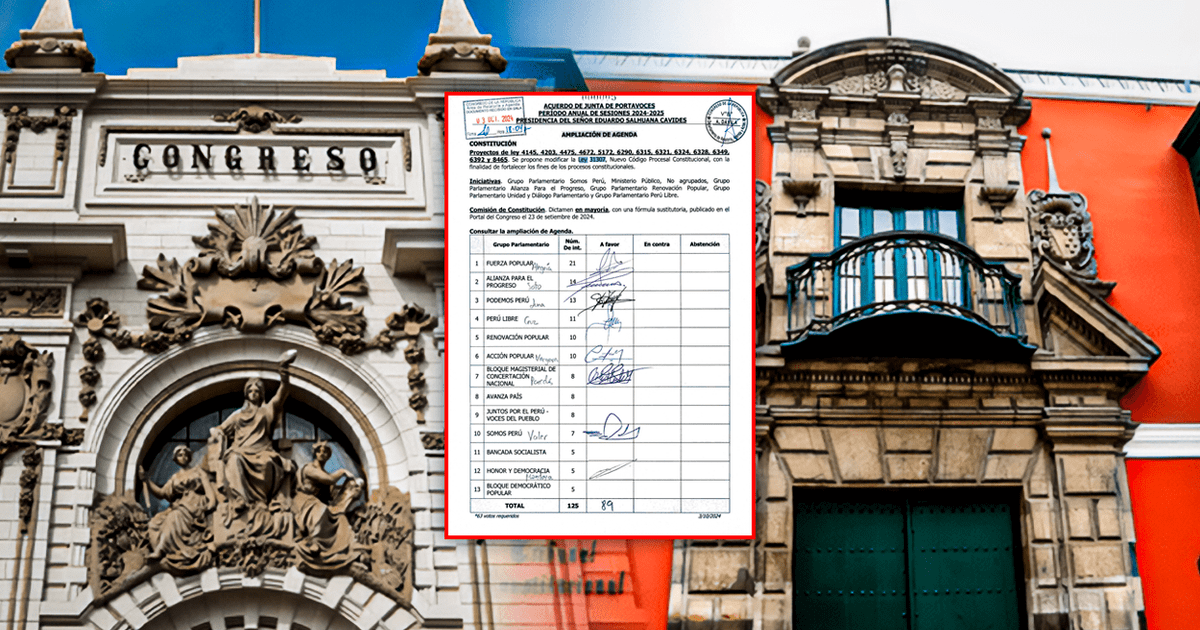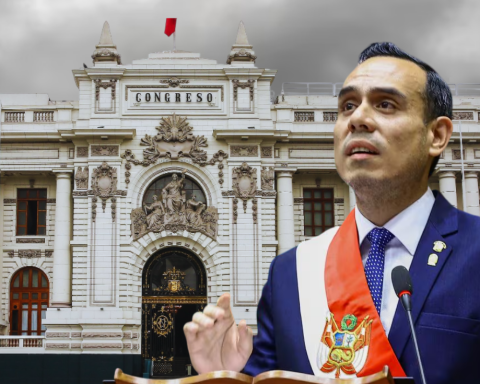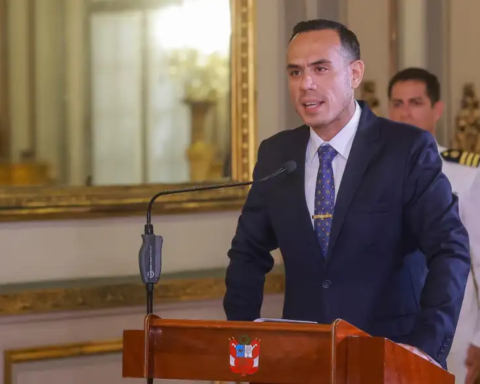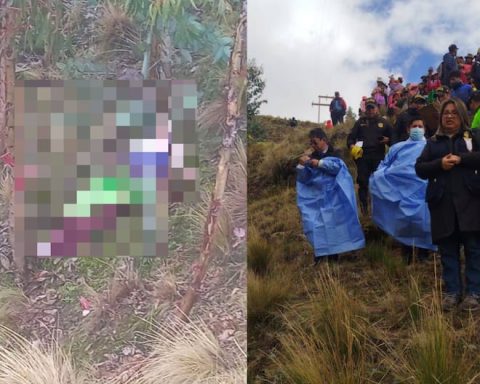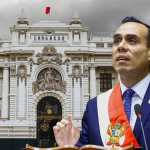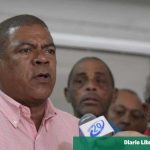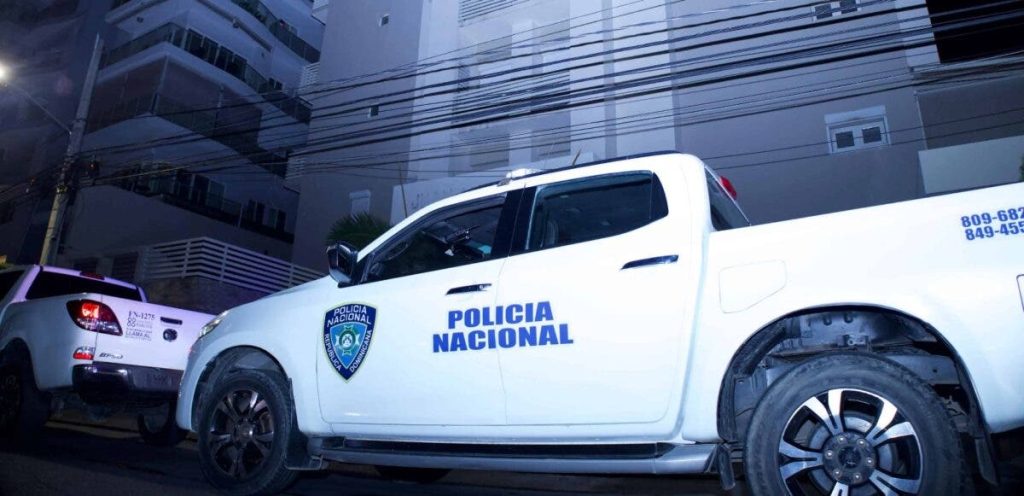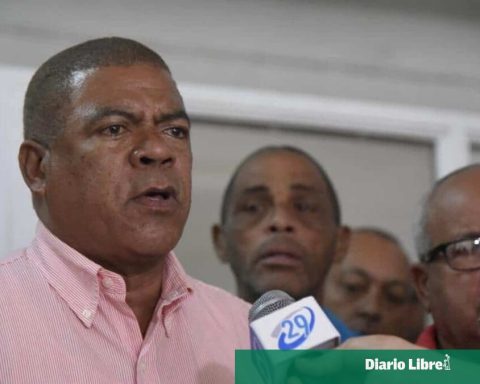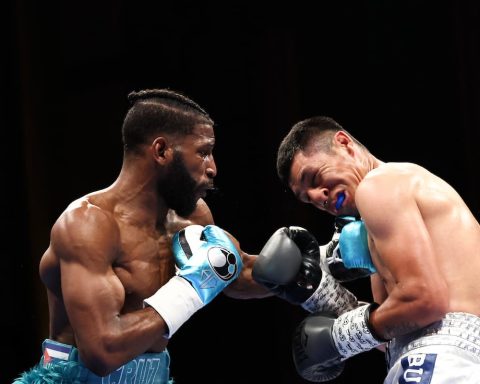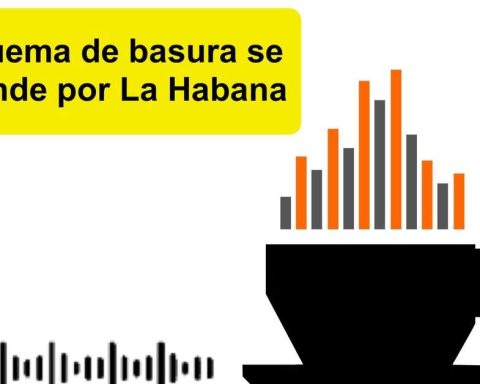On October 3, the Congress of the Republic agreed on the composition of the board of spokespersons for the 2024-2025 annual session, which will be chaired by Eduardo Salhuana Cavides. At this meeting, it is proposed reduce the number of minimum votes required for the approval of precautionary measures and sentences in jurisdictional processes. The modification of articles 110, 111 and 112 establishes that, currently, five votes in favor of the judges of the Constitutional Court are needed to approve a precautionary measure; With the change, only four will be required. Furthermore, in the event of a tie, the president of the Court will have the deciding vote.
On Tuesday, September 17, the Constitution and Regulations Commission of the Congress of the Republic approved a draft amendment aimed at “strengthen the purposes of constitutional processes”, as established in the agreement of the board of spokespersons. However, this change would imply modifications that would favor the Parliament in obtaining precautionary measures and in resolving possible jurisdictional claims, by reducing the number of votes necessary in the Constitutional Court (TC) for approval.
The parliamentarian Ruth Luquemember of the bench Popular Democratic Blocwarned about this situation through his ‘X’ account, denouncing a series of violations of the Constitution that were being committed in the commission, which is under the presidency of Fernando Rospigliosi and dominated by Fujimorism.
“Votes required in the TC to grant precautionary measures and decide in jurisdictional processes decrease. With this, the Congress also seeks to benefit in competition conflictshaving a TC adept at their interests, to the detriment of other entities such as the Judiciary, the National Board of Justice, the National Elections Jury, among others,” said the parliamentarian.
It should be noted that the Constitution Commission approved, with 14 votes in favor, 4 against and 8 abstentions, the opinion of bills 4145/2022-CR and 4203/2022-MP, which modify Law 31307. This opinion groups thirteen initiatives that seek to reform article VI of the Preliminary Title and articles 6, 42, 101, 110, 111 and 112, in addition to incorporating article 79-A to the New Constitutional Procedural Code.
Rut Luque spoke about this situation through her ‘X’ account. Photo: Diffusion.
Parliamentary Groups in favor of said opinion
89 votes were recorded in the consultation on the expansion of the agenda, of which the following political parties voted in favor:
- Popular Force
- Alliance for Progress
- We can Peru
- Free Peru
- Popular Action
- Magisterial Block of National Concertation
- We are Peru
- Honor and Democracy
The political parties that abstained from voting were:
- Popular Renewal
- Country Advances
- Together for Peru – Voices of the People
- Socialist Caucus
- Popular Democratic Bloc
Unwarranted constitutional accusations
This bill establishes that Judges will not be able to process lawsuits filed against Congress decisions in the exercise of its political control and powers. These prerogatives include the possibility of filing constitutional complaints against senior officials. With this law, the protection claims presented by these officials before the Judiciary, alleging violation of their rights by Congress, will be immediately dismissed. Thus, the Congressmen will obtain a wide margin to accuse and disqualify officials without these decisions being able to be reversed by the judicial system.
In May of last year, Congress disqualified the supreme prosecutor Zoraida Ávalos through a constitutional accusation. Ávalos presented an appeal for protection to protect her rights, and the Judiciary restored her to her position, determining that the congressmen had violated their rights and due process. Similar situations occurred with the judges of the National Board of Justice (JNJ), Inés Tello and Aldo Vásquez, who were also disqualified by Congress. Both filed appeals for protection and managed to be restored to their duties.
With the Fujimori ruling It would have been difficult for them to push those demands. That is the plan: that senior officials cannot question the accusations. In the midst of that, a complaint is underway against the president of the National Election Jury (JNE), Jorge Salas Arenaswho faces two constitutional complaints that are in their final stage.
